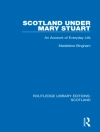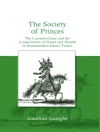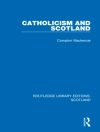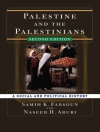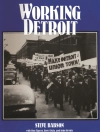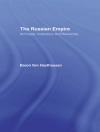The Yoruba: A New History is the first transdisciplinary study of the two-thousand-year journey of the Yoruba people, from their origins in a small corner of the Niger-Benue Confluence in present-day Nigeria to becoming one of the most populous cultural groups on the African continent.
Weaving together archaeology with linguistics, environmental science with oral traditions, and material culture with mythology, Ogundiran examines the local, regional, and even global dimensions of Yoruba history. The Yoruba: A New History offers an intriguing cultural, political, economic, intellectual, and social history from ca. 300 BC to 1840. It accounts for the events, peoples, and practices, as well as the theories of knowledge, ways of being, and social valuations that shaped the Yoruba experience at different junctures of time. The result is a new framework for understanding the Yoruba past and present.
Spis treści
Dedication
List of Illustrations
List of Tables
List of Appendices
Glossary of Yorùbá words
Preface
Acknowledgment
I. Introduction
1. Writing a New History
II. Birth of the Yorùbá Community of Practice, ca. 300 BC–AD 1420
2. The Emergence of a House Society
3. Knowledge Capital and Referentiality
III. Atrophy and Regeneration, 1400–1650
4. Atrophy
5. Regeneration and Restoration
IV. Atlantic Entanglements, 1630-1840
6. Merchant Capital Revolution
7. Sociality of Merchant Capital
8. Perennial Inequality
9. A House Divided
V. Conclusion
10. The Past in the Present
Bibliography
Appendices
Index
O autorze
Akinwumi Ogundiran is Chancellor’s Professor and Professor of Africana Studies, Anthropology & History at the University of North Carolina at Charlotte. He is a co-editor of Materialities of Rituals in the Black Atlantic, named a Choice magazine’s 2015 outstanding book.


